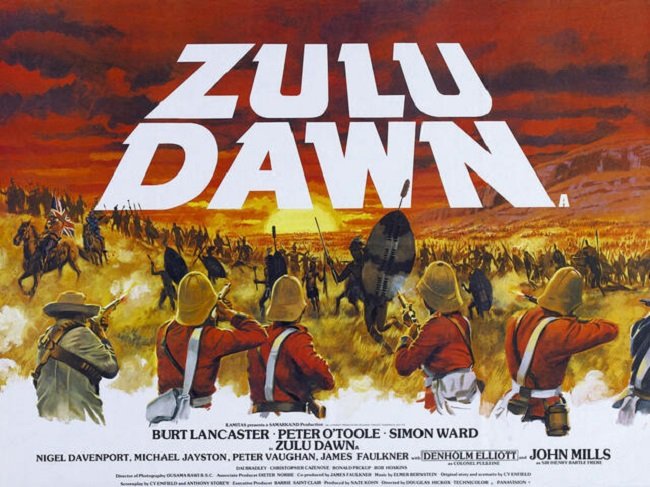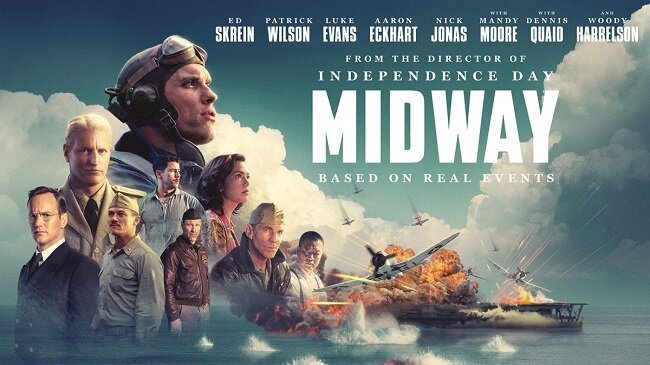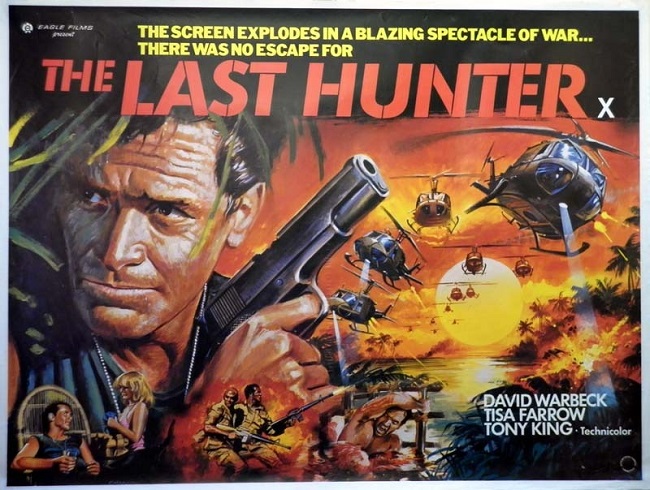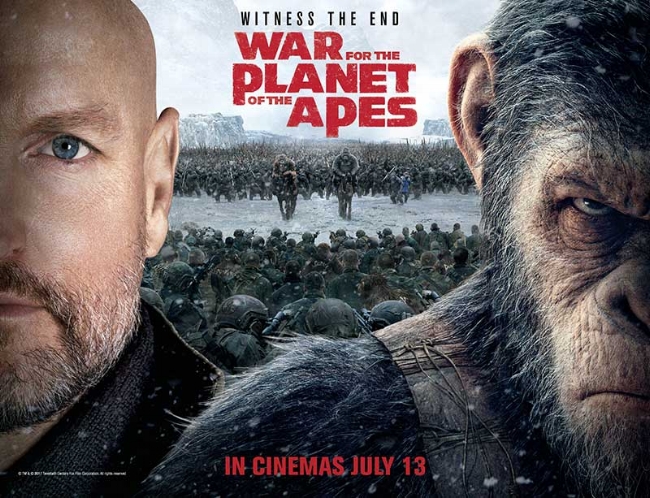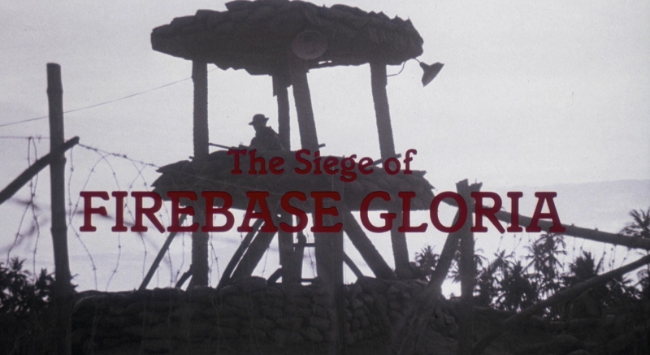Murphy's War (1971)
During the last days of World War II, the British Merchant Navy ship Mount Kyle is torpedoed by a German U-Boat off the coast of Venezuela. The crew are subsequently massacred as they abandon ship, leaving one survivor, an Irish engineer named Murphy (Peter O’Toole). After being rescued by Louis Brezon (Philippe Noiret), a caretaker for an oil company which has a pipeline in the area, he is taken to a local missionary medical facility run by Dr. Hayden (Siân Phillips). Upon recovering, Murphy becomes determined to find the U-Boat that sank his ship and seeks revenge. However, as the war is clearly drawing to a close Dr. Hayden is reluctant to help him and tries to dissuade him from his plan as it may endanger the local community. In the meantime, Murphy finds a damaged Grumman J2F Duck floatplane from his ship and salvages it. With the assistance of Louis, he makes some improvised munitions and draws his plans against the Germans.
I suspect that Murphy’s War was intended to be a minimalist exploration of the old adage “if you devote your life to seeking revenge, first dig two graves”. Written by Stirling Silliphant (The Enforcer, Towering Inferno) and directed by Peter Yates (Bullitt, The Deep and Krull), Murphy’s War teases the audience with several instances of potential narrative depths. What motivates U-Boat Commander Lauchs (Horst Janson) to shoot the crew of the Mount Kyle, as they pose no threat to him or his vessel? Is there a love triangle between Murphy, Dr. Hayden and Louis? Why is Murphy so motivated to destroy the U-Boat, considering he initially comes across as a reluctant seaman with little love for English Officers. There’s even a tenuous reference to the IRA. Is he deranged or honourable? These questions raise some interesting opportunities for the film to explore some timeless cinematic themes.
Sadly, even within the deliberately understated framework of seventies cinema, these elements are woefully neglected, leaving us with a matter of fact story that struggles to fill its 106 minutes running time. It’s all somewhat ponderous and very frustrating when considering the quality of the cast and production. Hence we have lengthy scenes in which Murphy struggles to fly the salvaged seaplane and then later, flying around the Orinoco River searching for his quarry. It’s all beautifully shot by veteran cinematographer, Douglas Slocombe, but it often feels like padding to bolster a story that isn’t anywhere near as deep as it likes to think. The climax of the film and Murphy’s subsequent Pyrrhic victory lacks any dramatic impact because there’s no explanation for his descent into a latter day Captain Ahab. The audience is left to ponder whether it was all worthwhile and I for one, broadly feel that it wasn’t. Considering the pedigree of this production, Murphy’s War should be much better.


